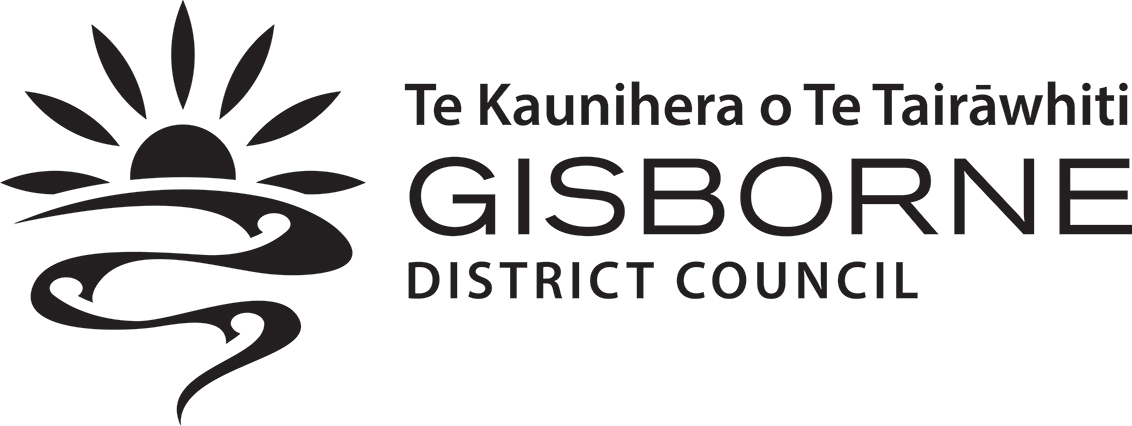Nominations for the 2025 Gisborne District Council elections closed Friday 1 August for candidates putting their names forward for Mayor and Councillor positions across the Tairāwhiti General and Māori wards. View the list of nominations received
Here's what you need to know about campaigning, what to expect as an elected member of Gisborne District Council.
Candidate information
Information handbook, FAQs and pre-election report
Everything you need to know about the elections process is in the Candidate Information Handbook including candidate eligibility, how to get nominated, campaigning rules, voting, results. We also have FAQs and the Pre-Election Report.
No results found for ""
The Pre-Election Report outlines the significant challenges and opportunities facing Council and the region.
No results found for ""
Campaign launch
You're free to start campaigning any time before the election and right through to election day - but there are some timeframes and rules to keep in mind.
Election signs
- Signs may not be installed before Saturday 30 August
- Signs must be removed by midnight on Friday 10 October
Read the Candidate Information Handbook for practical advice on campaigning and advertising rules and budgeting your campaign spend.
Advice on social media use and our campaign signage policy
Election signs
Council has a policy around election signs including approved locations.
Approved sites for signs
One sign per political party or independent candidate may be erected on the following sites:
- Kaiti Memorial Park, adjacent to Rutene Road and Wainui Road
- Alfred Cox Park, adjacent to Grey Street opposite the Information Centre
- Botanical Gardens, adjacent to Roebuck Road
- Childers Road Reserve, adjacent to Childers Road
- Lysnar Reserve
- Lytton Road Bridge (Nelson Park)
- Adjacent to Waerenga-o-Kuri Hall
Signs on private property
- must have the permission of the land owner
- must comply with the General Rules of the District Plan (signage) and rules 11.1.6
For more information, see the Candidate Information Handbook or refer to the Elections Hoarding Policy 2025
Guide outlines the key rules and expectations for candidates using social media in the lead-up to the 2025 local elections.
Use of Council social media channels
- Council social media channels (including Kiwa Pools and the Library) are official resources and must remain politically neutral.
- Council will promote elections and encourage voter participation but will not associate posts with any individual candidates.
- Once your candidacy is confirmed, council will unfollow or remove engagement with your campaign accounts.
- Council channels will not follow, like, comment on, or share any campaign-related content in relation to candidates.
Candidates must not:
- Post on Council's social media channels, nor should they comment on, share on or otherwise use council social media channels for electioneering purposes.
- Use council branding, images, or staff in campaign content.
- Tag, rate, check-in, or review council pages in their campaign posts.
Council pages are monitored, and any campaign-related content will be removed immediately.
Candidate social media accounts
You may use personal or dedicated campaign social media accounts to promote your candidacy.
- Do not imply that Council or staff endorse your candidacy or campaign.
- Do not use Council-owned material (including photos from events or photos with Council staff) in your campaign.
Legal and compliance obligations
All social media content used for campaigning must comply with the Local Electoral Act 2001 and Advertising Standards Code.
- Paid or sponsored posts must be clearly identified as electoral advertising.
- Candidates are legally responsible for their published content. False, misleading, or defamatory posts may lead to complaints or investigation.
- Keep records of your social media activity for the duration of the campaign.
Online conduct
Maintain respectful and professional behaviour in all online interactions.
- Avoid personal attacks, inflammatory language, or arguments online.
- Do not involve or reference Council staff in campaign communications — staff must remain politically neutral.
What you can expect as an elected member
A day in the life of an elected member:
- read and prepare for the upcoming week's meetings
- attend and vote in various decision-making meetings and committees
- speak to residents as part of a consultation topic
- meet and engage with the public to hear their views
- attend events like public meetings, citizenship ceremonies or the opening of a new facility
- represent the Council at community and cultural events
- take part in community activities, like a working bee for a local stream regeneration project.
Read the Candidate Information Handbook for more information about what Council does, the salary, code of conduct and more.
